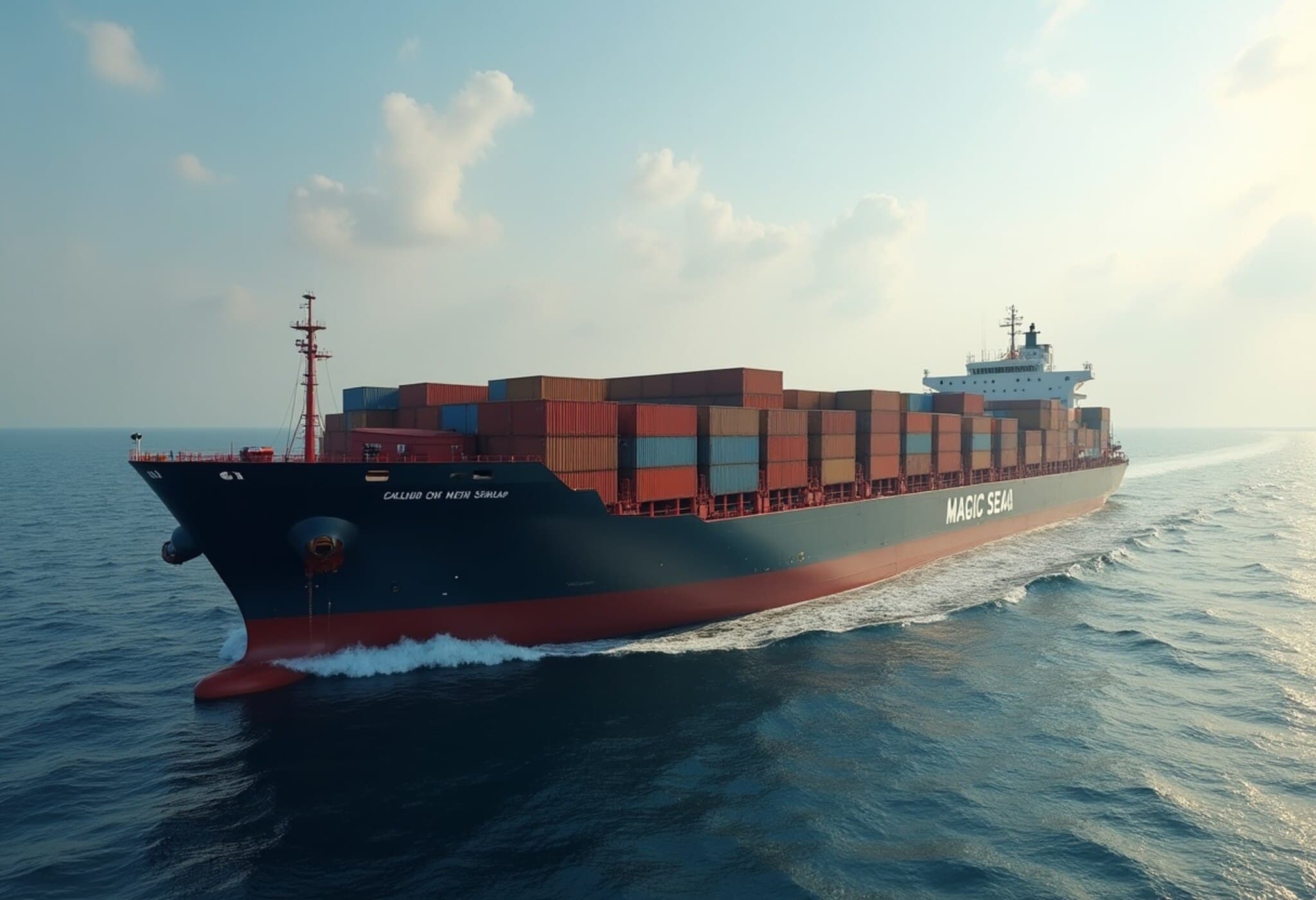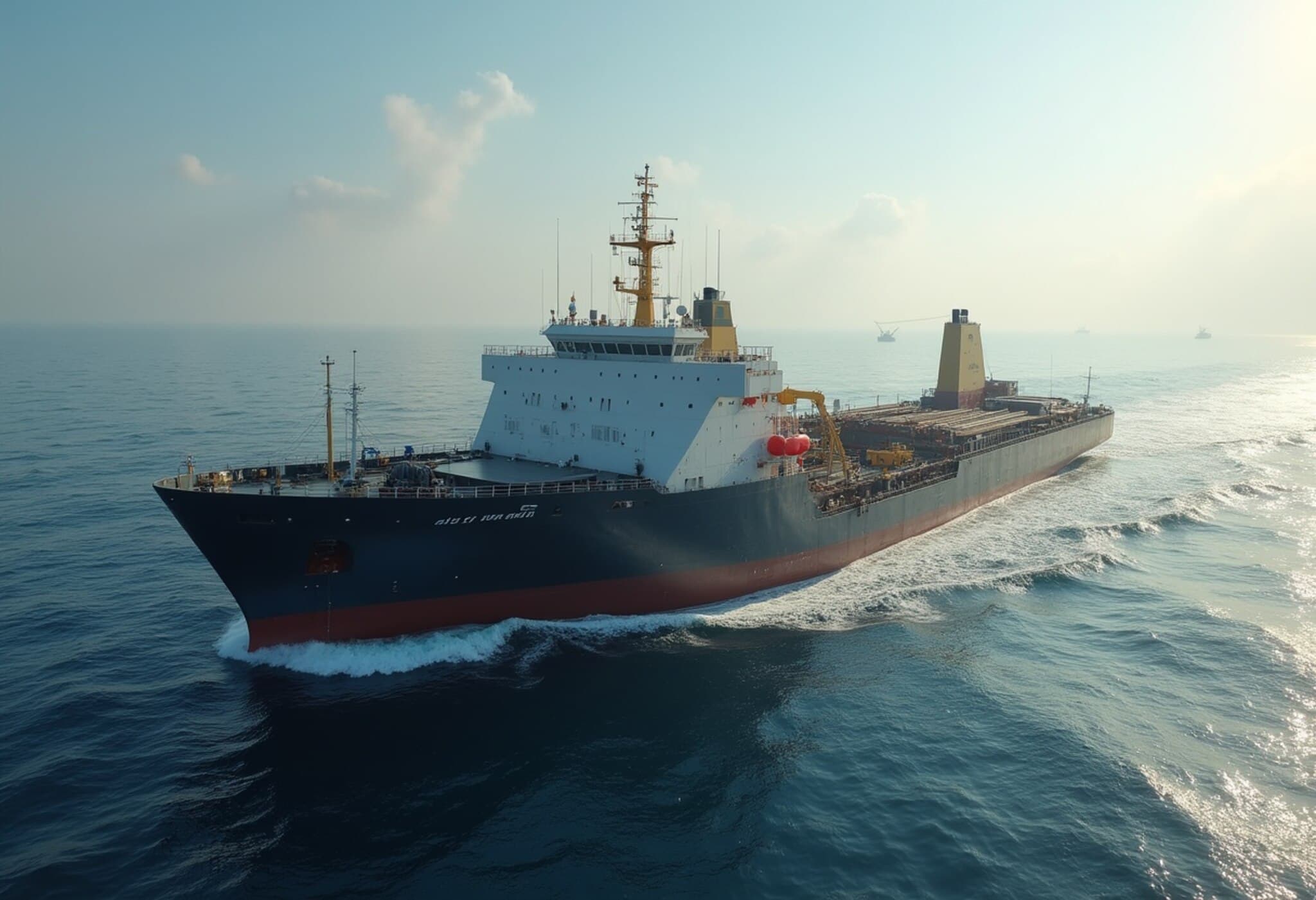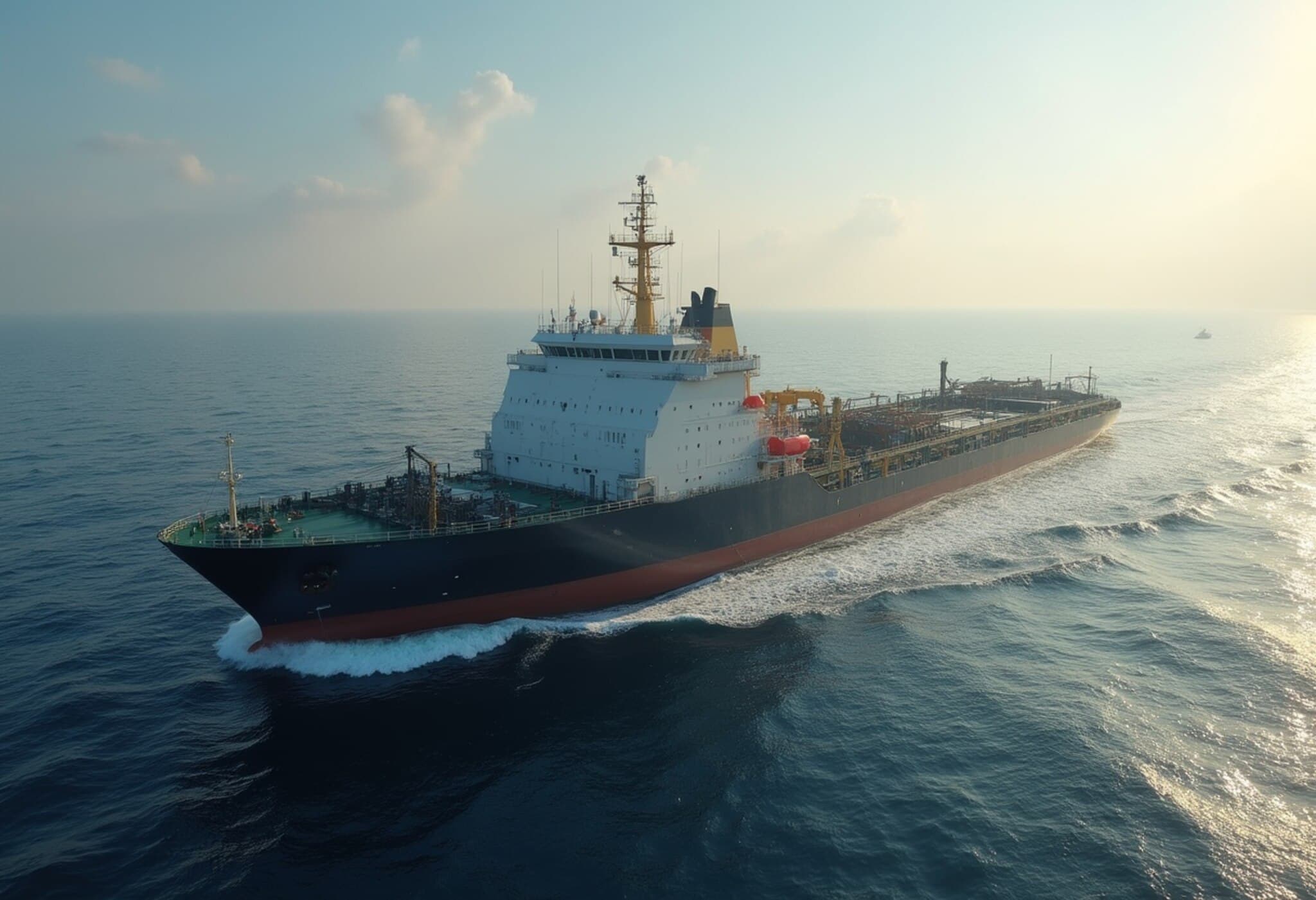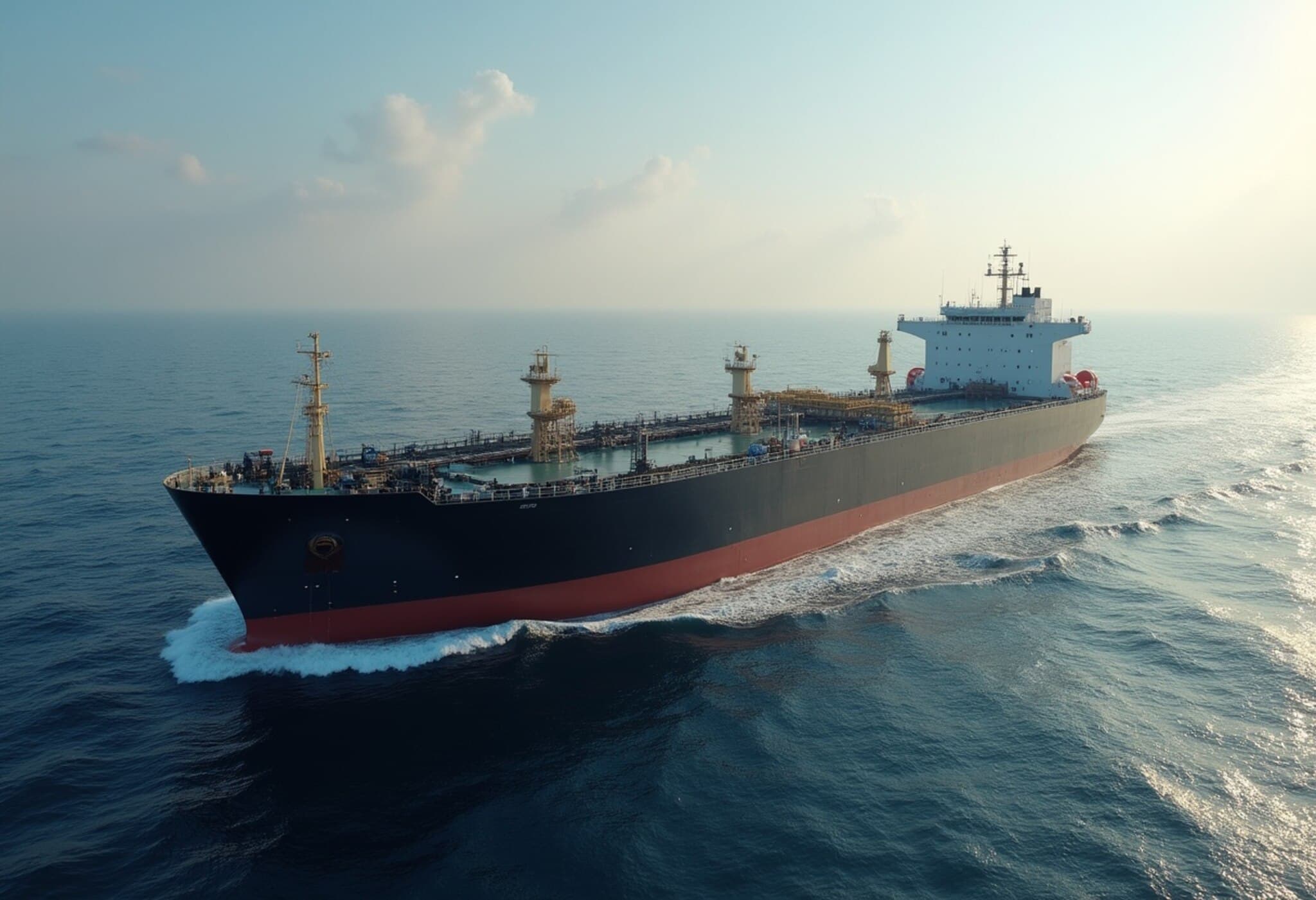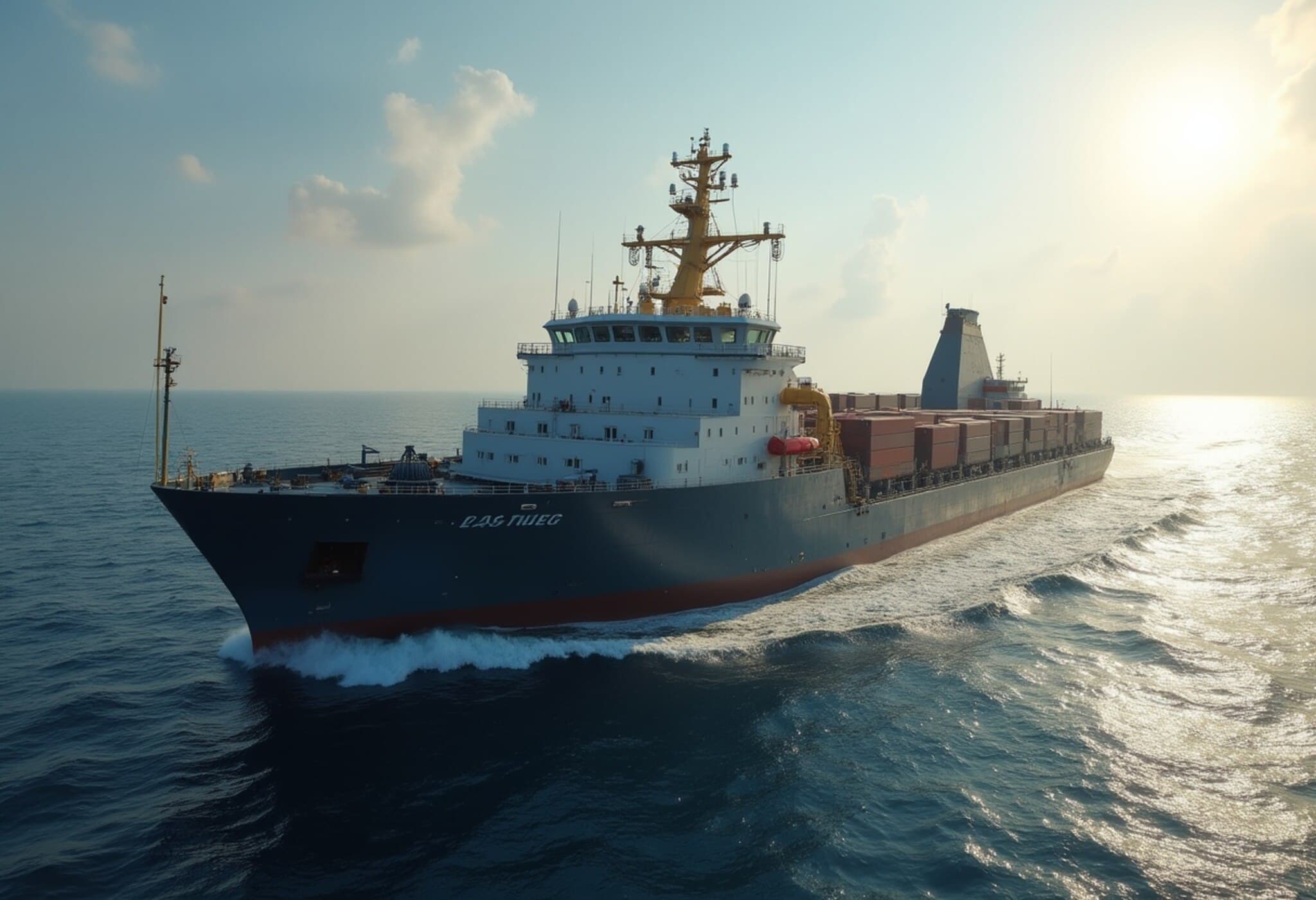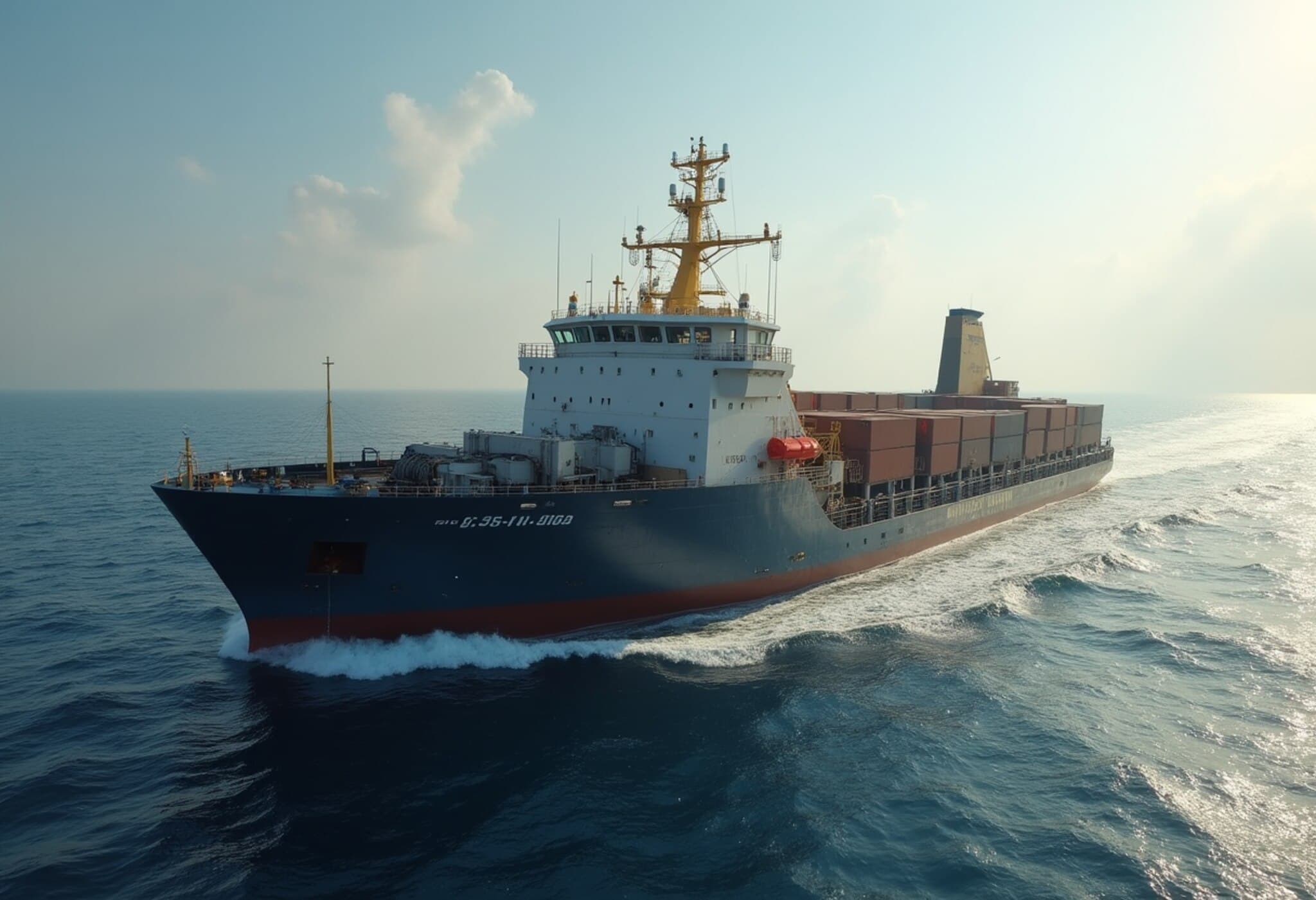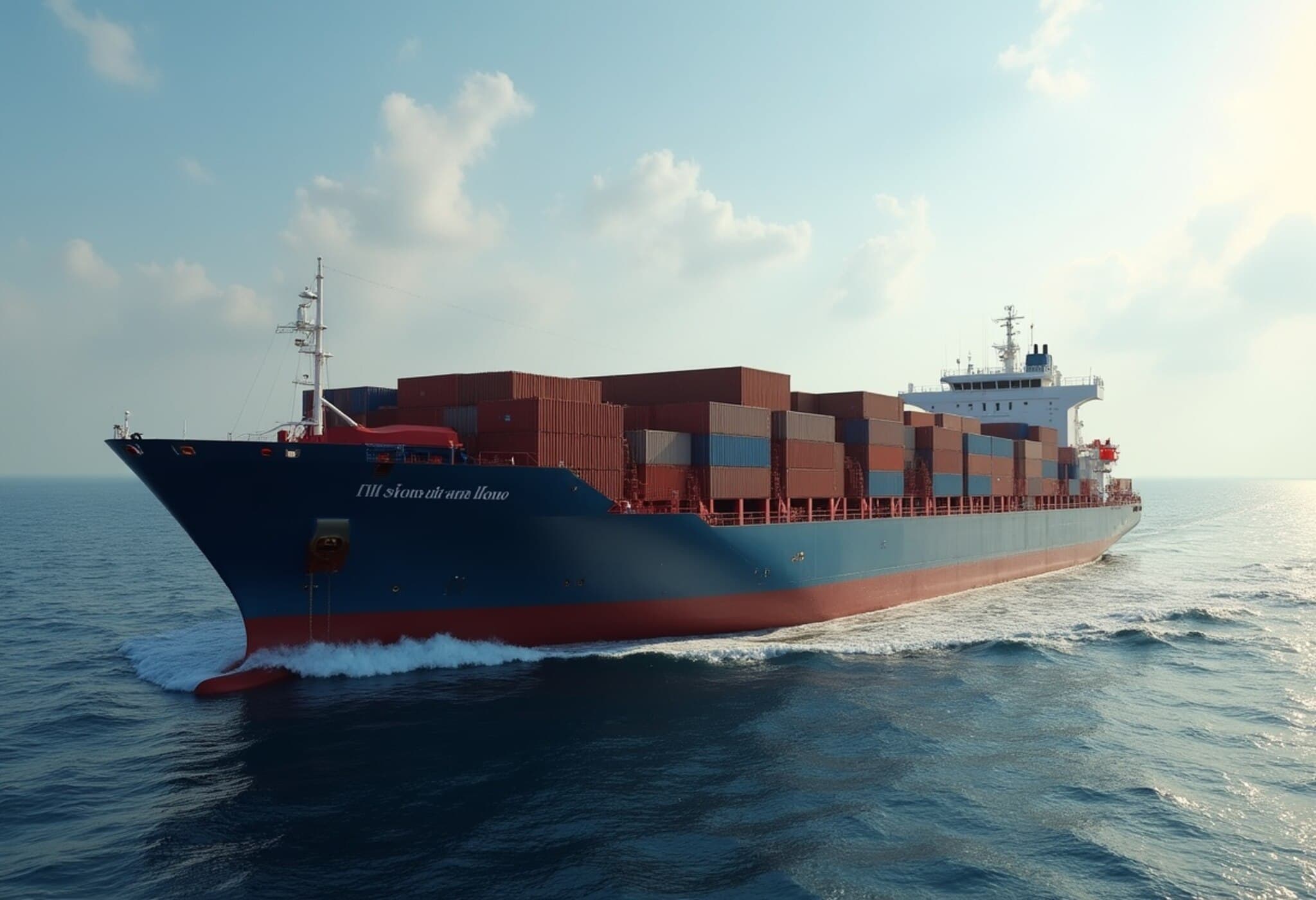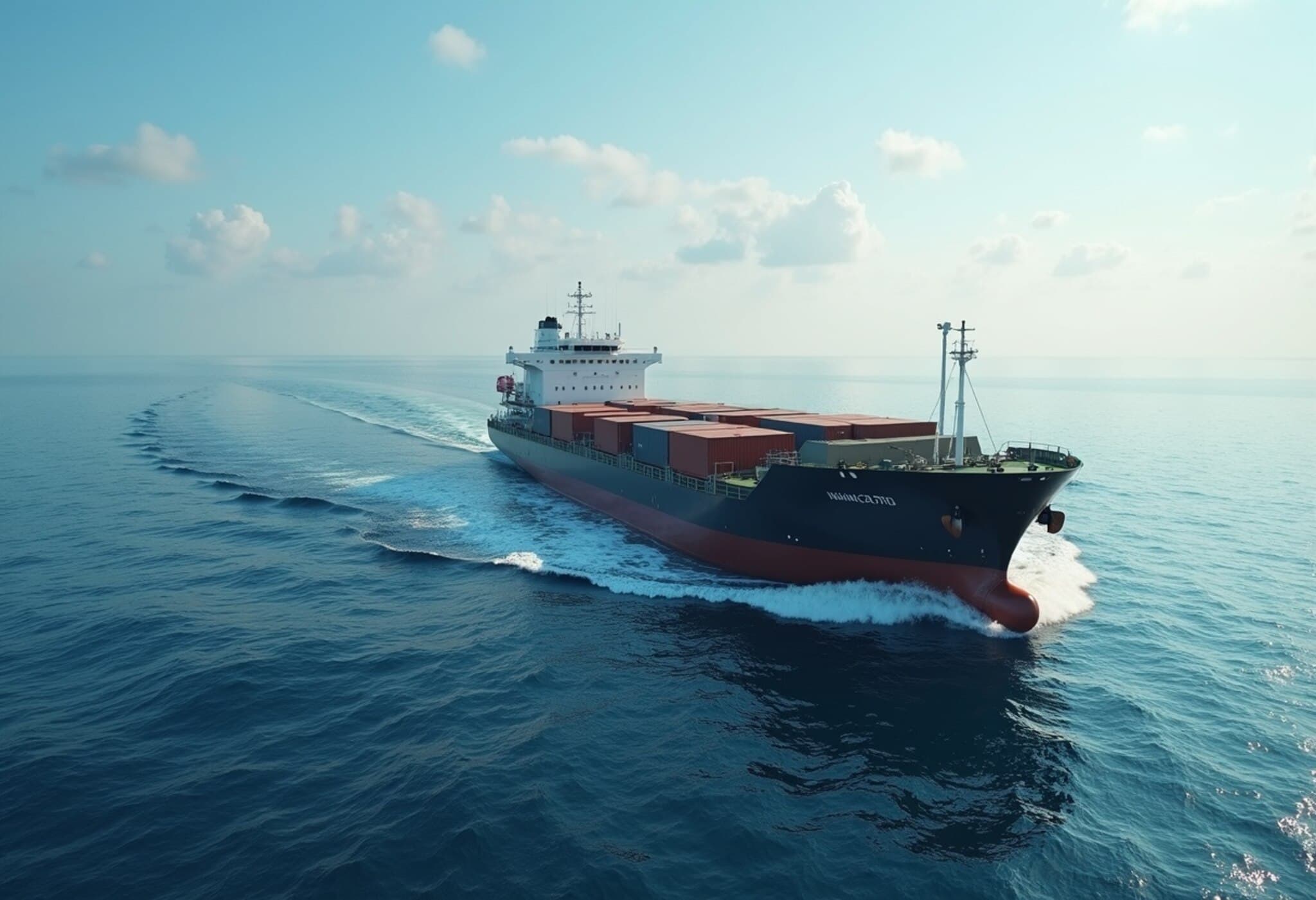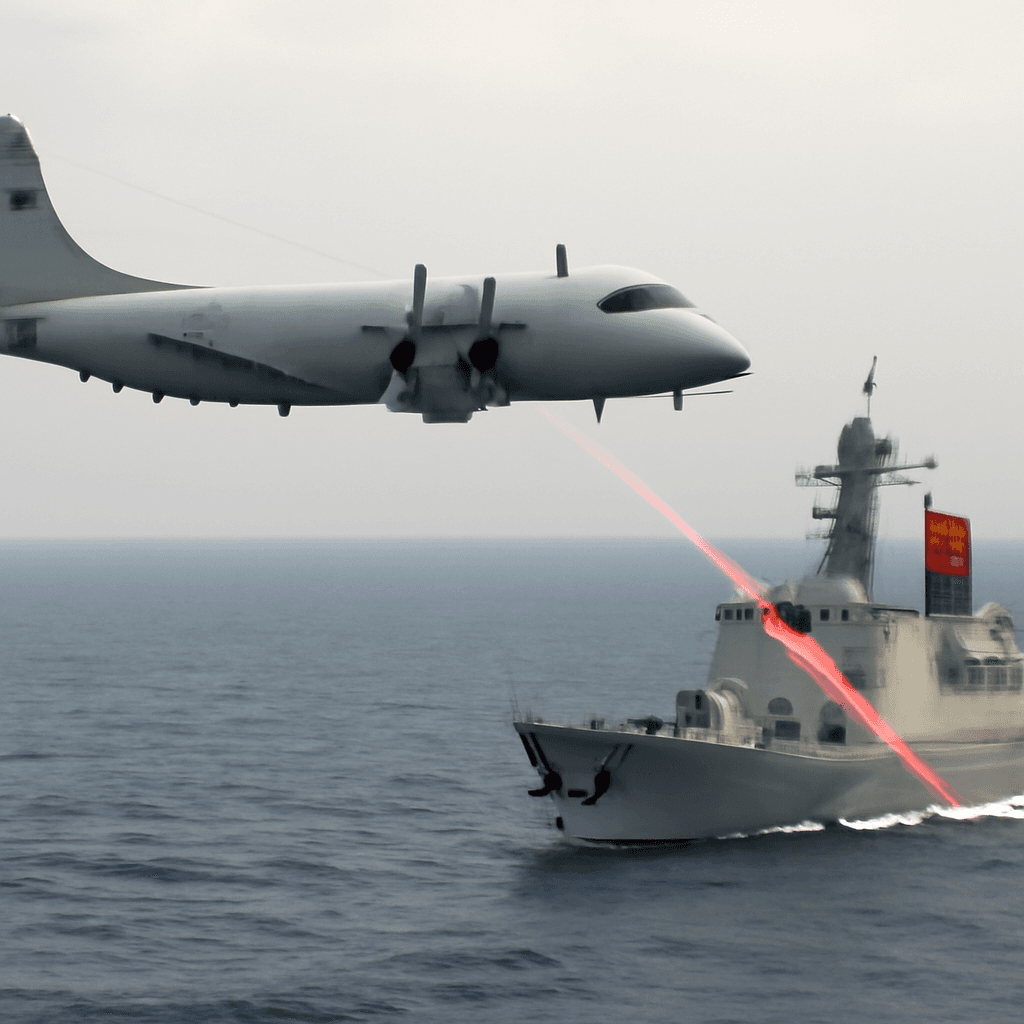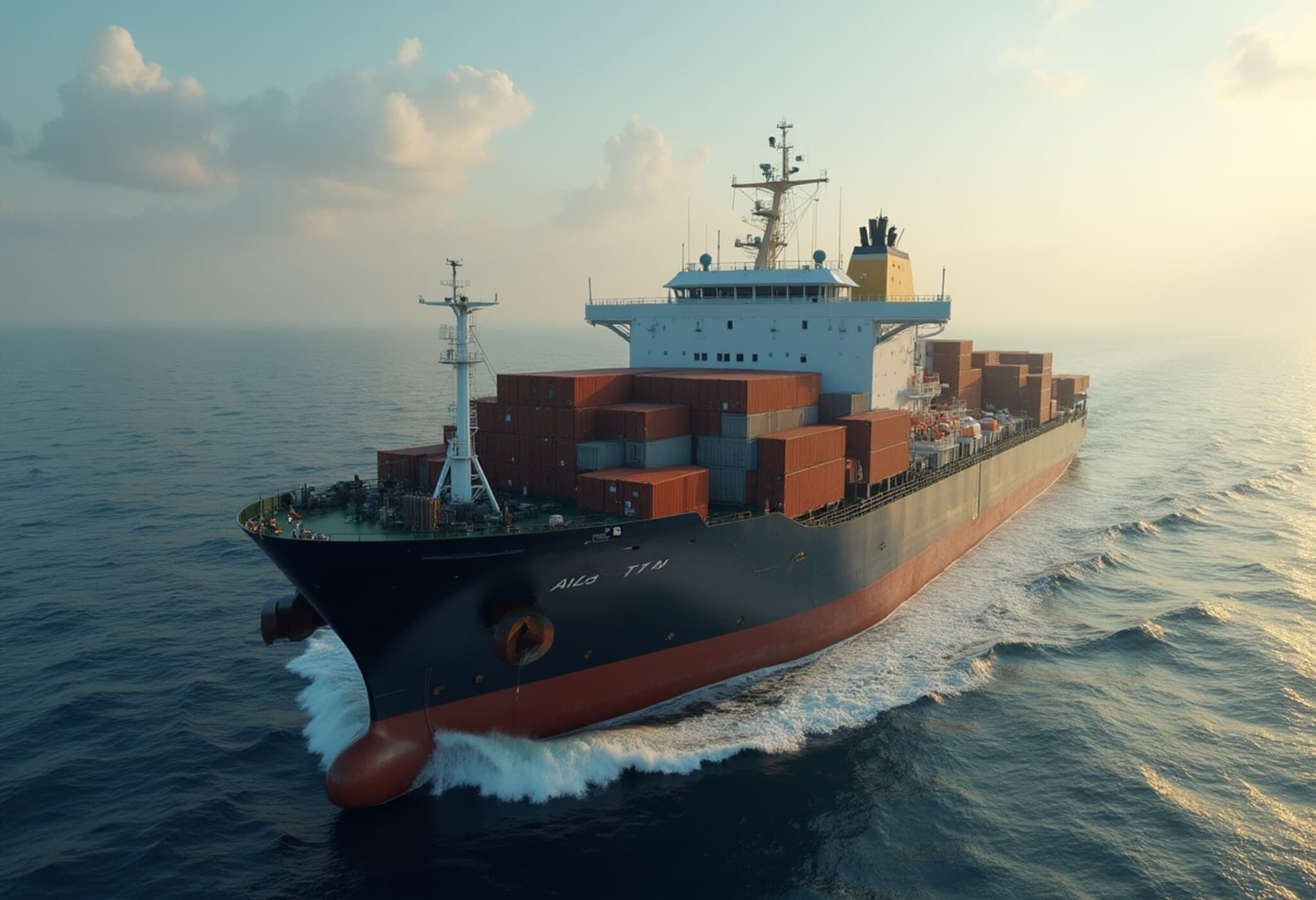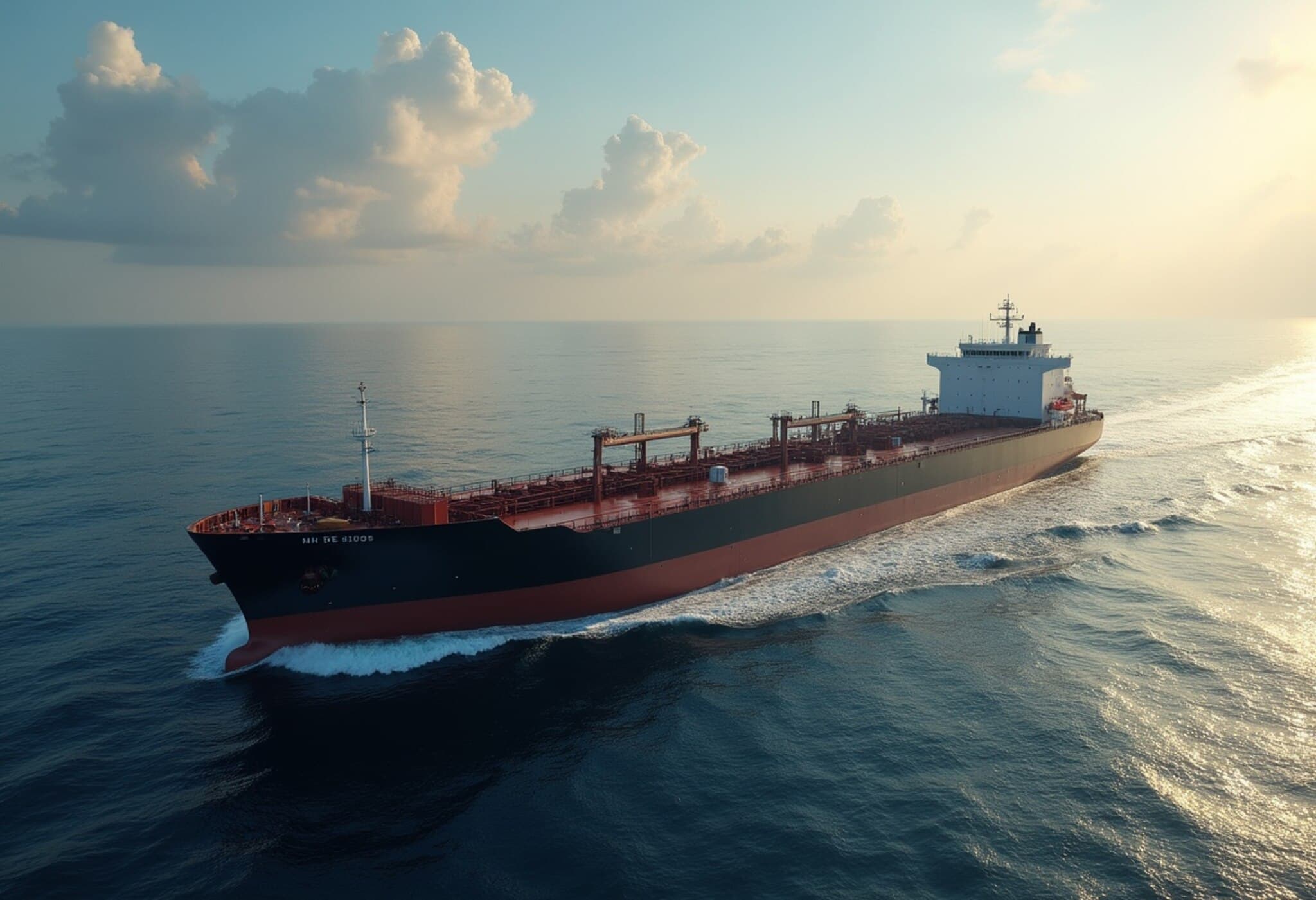Renewed Hostilities in the Red Sea Put Vital Shipping Corridor at Risk
In a stark reminder of the fragile security situation along one of the world's most important maritime arteries, the Red Sea witnessed yet another violent attack on merchant vessels linked to the ongoing conflict involving Yemen’s Iran-backed Houthi militia. On July 7, 2025, the Liberia-flagged, Greek-operated bulk carrier Eternity C came under a lethal assault approximately 50 nautical miles southwest of Yemen’s port of Hodeidah, marking the second significant attack on commercial shipping in the region since November 2024.
Details of the Attack and Immediate Impact
The assault on the Eternity C, carrying 22 crew members—primarily Filipinos and one Russian national—was orchestrated using a combination of sea drones and fast-approaching skiffs deploying rocket-propelled grenades. According to Cosmoship Management, the vessel’s operating company, two crew members sustained serious injuries while two others remain unaccounted for. Additionally, the ship’s bridge endured damage affecting vital communication systems, rendering the ship adrift in these precarious waters.
European Union's naval initiative, Operation Aspides, which is tasked with protecting maritime traffic in the Red Sea, confirmed the nature of the multi-vector attack but noted that the vessel had not formally requested naval escort prior to the incident. The assault underscores the escalating threats maritime operators face, not only due to non-conventional weapons like armed drones but also the coordination of multiple small craft in rapid strikes.
Contextualizing the Attacks: The Houthis' Strategic Calculus
Just a day prior, the Greek-managed bulk carrier Magic Seas, flagged under Liberia, was subjected to a similar attack involving armed skiffs, missile strikes, and unmanned surface vessels off the Yemeni coast. The crew was forced to abandon ship as it took on water, with subsequent rescue operations successfully transferring all 19 crew members to safety in Djibouti. The Houthis claimed to have sunk the Magic Seas, a statement that maritime experts caution lacks independent verification.
These actions come amid the broader geopolitical landscape shaped by the Israel-Hamas conflict, where the Houthis have publicly aligned themselves with Palestinian causes and extended their hostilities to vessels they perceive as linked to Israeli interests. This blurring of regional conflicts spills into the international maritime domain, imperiling the free flow of commerce that is essential to global markets.
The Broader Economic and Security Implications
- Global Supply Chains at Risk: The Red Sea forms a key segment of the Suez Canal route, connecting critical trade flows between Asia, Europe, and the Americas. Disruptions here inevitably ripple into higher transportation costs and commodity price volatility.
- Legal and Insurance Challenges: Repeated attacks elevate insurance premiums and complicate legal liabilities for shipping companies and their stakeholders, potentially deterring vessel operators from using this route.
- Security Dilemma: The lack of comprehensive naval protection for commercial shipping invites questions about international coordination and the resource allocation to safeguarding these waters.
Expert Perspectives on Maritime Security Risks
Ellie Shafik, the head of intelligence at Vanguard Tech, underscores that despite the Magic Seas’ cargo of ostensibly neutral freight—iron and fertilizers—the operational affiliations of charter fleets to Israeli ports in previous voyages have made them unintended targets. “Their prior itinerary effectively put them on radar,” she explained, illustrating the intricate web of geopolitical risk factors that shipping companies must navigate.
Meanwhile, John Xylas, chair of the dry bulk shipping group Intercargo, voiced strong condemnation of the attacks, emphasizing the human toll. “These are innocent people simply doing their jobs, keeping global trade moving. No mariner should ever have to confront such violence.” His comments reflect growing concerns over the humanitarian implications amid escalating maritime hostilities.
Looking Ahead: Navigating Uncertain Waters
While a US-mediated ceasefire between the Houthis and other stakeholders took effect in May, it notably excluded Israel, leaving a critical gap in regional peace efforts that complicates security assurances for commercial shipping. Israel’s retaliatory strikes on Houthi positions, after a brief lull, signal that the conflict risks further entrenchment.
For maritime policy makers and global trade stakeholders, the urgent questions remain:
- How can multinational naval coalitions enhance real-time intelligence sharing and rapid response capabilities to protect vulnerable vessels?
- What contingency plans and insurance frameworks can be implemented to mitigate rising financial risks?
- What diplomatic avenues exist to extend and broaden ceasefire agreements that can stabilize this strategic maritime corridor?
Editor’s Note
The recent uptick in militant-led assaults on commercial vessels in the Red Sea is more than isolated incidents—it is a microcosm of how regional conflicts reverberate globally, threatening both lives and the lifelines of international trade. While technology such as sea drones signals a new era of maritime warfare, it also poses urgent questions around the adequacy of current security measures and international cooperation. Navigating these turbulent waters demands a multi-layered strategy that balances robust defense, diplomatic engagement, and the protection of innocent maritime professionals who facilitate the world’s interconnected economy.


